
The Importance of Play for Children
Share
Today is the first ever International Day of Play. It makes a significant milestone in efforts to preserve, promote, and prioritise playing so that all people, especially children, can reap the rewards and thrive to their full potential.’ The international day creates a unifying moment at global, national, and local levels to elevate the importance of play. It signals a call for policies, training, and funding to get play integrated into education and community settings worldwide.’ The United Nations.
Play is often considered just a way for children to pass the time, but it is much more than that. It is a critical component of healthy development and a fundamental right of every child. Through play, children learn about the world, themselves, and their relationships with others. This blog explores why play is so important for children and highlights some key facts about its benefits.
1. Play Enhances Physical Development
Physical play, such as running, climbing, and jumping, is vital for the development of children's motor skills. It helps in building strength, coordination, and balance. According to the American Academy of Paediatrics, play encourages the development of fine and gross motor skills and helps prevent childhood obesity by promoting an active lifestyle.
2. Play Promotes Cognitive Development
Play is crucial for cognitive growth. Through imaginative play, children develop their creativity and problem-solving skills. Building blocks, puzzles, and role-playing games stimulate brain development and enhance cognitive abilities like memory, attention, and spatial awareness. Research by the Harvard University Center on the Developing Child shows that play can improve cognitive abilities, including attention span, memory, and language skills.
3. Play Supports Emotional and Social Development
Through play, children learn to express their emotions, develop empathy, and understand social norms. It provides a safe space for children to explore their feelings and learn how to cope with them. Social play, in particular, helps children learn how to cooperate, negotiate, and resolve conflicts with others. Studies have shown that children who engage in regular social play have better emotional regulation and social competence, leading to stronger relationships and better mental health.
4. Play Encourages Creativity and Imagination
Imaginative play allows children to create their own worlds and scenarios, fostering creativity and innovation. This kind of play can include activities like drawing, storytelling, and make-believe games, which are essential for creative thinking and problem-solving later in life. The LEGO Foundation highlights that play, especially unstructured play, encourages children to use their imagination, which is crucial for creativity and innovation in adulthood.
5. Play Facilitates Learning and Academic Success
Play-based learning is an effective educational approach that enhances a child's ability to understand and retain information. It makes learning enjoyable and engaging, which can lead to better academic performance. Schools that incorporate play into their curriculum often see improvements in student motivation and achievement. A study published in the Journal of School Health found that incorporating physical activity and play into the school day improves students' academic performance and classroom behaviour.
6. Play Builds Resilience and Coping Skills
Play helps children develop resilience and the ability to cope with challenges and stress. Through play, children learn to navigate obstacles, deal with frustration, and adapt to new situations. This builds their confidence and prepares them for the complexities of life. The American Academy of Paediatrics emphasises that play is crucial for developing resilience, which is essential for overcoming life's challenges and maintaining mental health.
Conclusion
Play is not just a trivial activity; it is a vital part of a child's development. It supports physical, cognitive, emotional, and social growth, fosters creativity, and lays the foundation for lifelong learning and well-being. Encouraging children to engage in various forms of play ensures they develop the necessary skills to thrive in all aspects of life. So, let’s celebrate the power of play and ensure every child (and adult) has ample opportunities to explore, imagine, and grow through play. By recognising and supporting the importance of play, we can help children build a better, healthier, and more balanced future.
Explore our playroom essentials and educational play collection. Shop sustainable, natural and ethical products made consciously by planet-friendly brands.








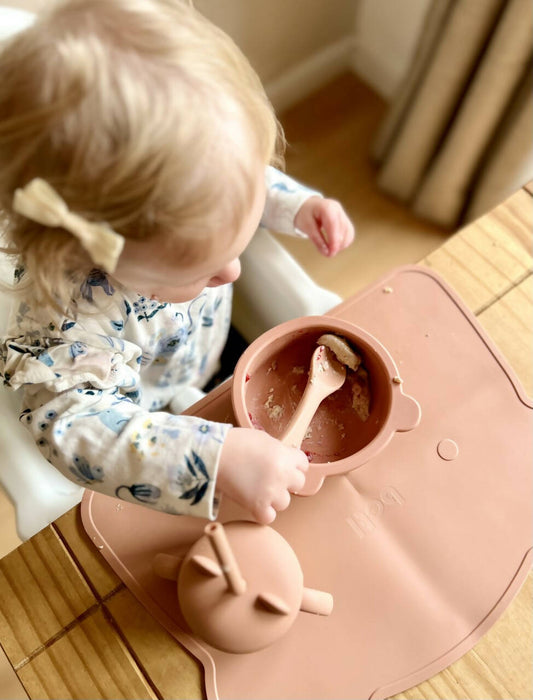













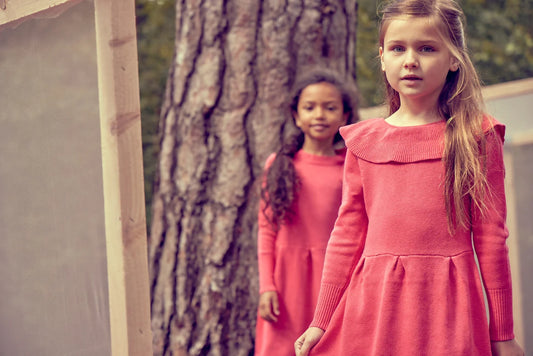





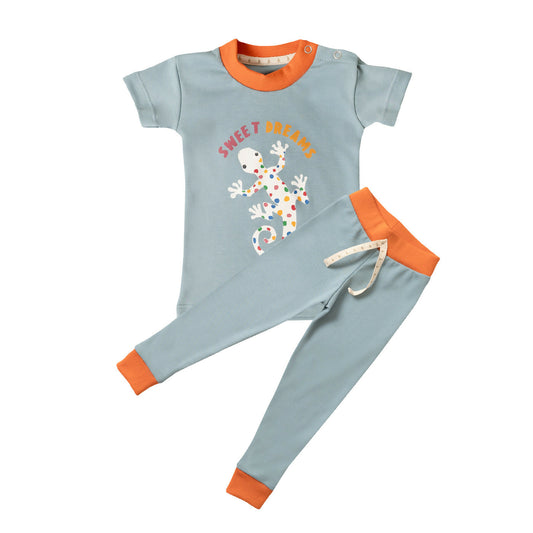







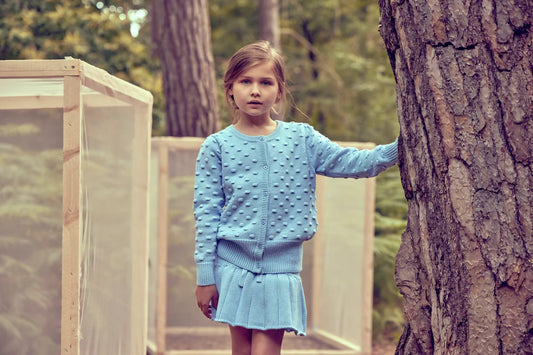









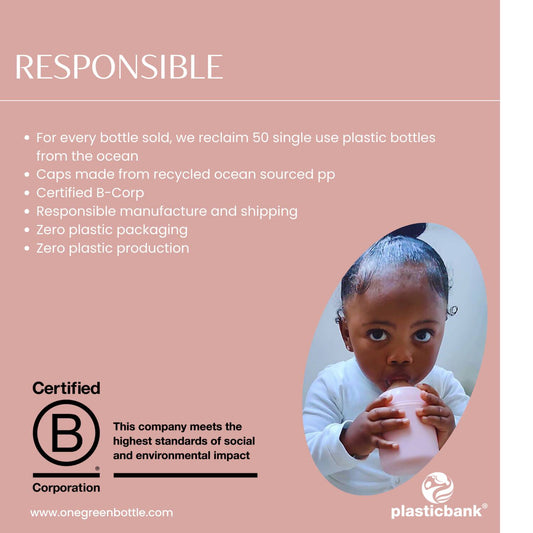




1 comment
We commend your insightful article on the critical role of play in child development. Your comprehensive analysis provides valuable information for parents and educators alike.